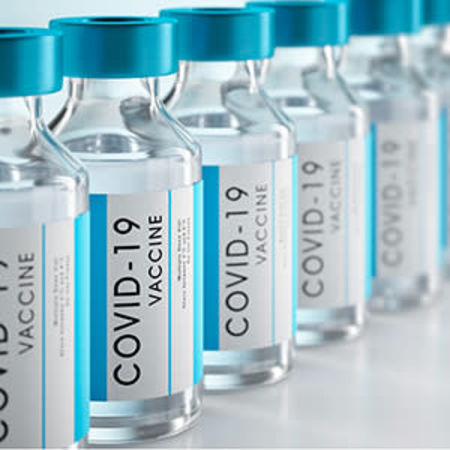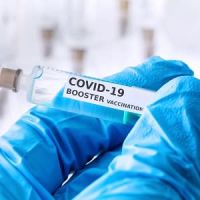In July, New
York University researchers published results (Tada et. al, 2021) indicating the
one-shot Johnson & Johnson (J&J) vaccine was less effective at preventing
Delta variant infections. Although the study is not yet peer-reviewed, this finding
is troubling given that the Delta variant now accounts for most US COVID-19
cases. Booster doses were suggested as one potential strategy to improve the vaccine’s
efficacy.
Unlike the Pfizer/BioNTech and Moderna RNA-based COVID-19 vaccines, J&J’s one-shot vaccine uses a live adenovector vector. Initial global trials revealed the one-shot vaccine’s efficacy at 66% at preventing mild and moderate disease. Although the company claimed this was an apples-to-oranges comparison, this drew public criticism of the vaccine’s perceived effectiveness in light of Pfizer’s and Moderna’s initial publicised efficacy rate of 95% (Murkherjee SY, 2021).
Yesterday, J&J released data (Johnson and Johnson, 2021) showing that a booster to its one-shot vaccine produces a robust immune response months after receiving the first dose. Withing the US cohort of its Phase 3 clinical trial, giving two doses 56 days apart (close to two months) provided 100% protection against severe COVID-19 and 94% protection against moderate to severe COVID-19. Including cohorts receiving the two-dose regimen across the globe, the booster gave 75% protection against moderate-to-severe COVID-19. In another study that measured neutralising antibodies, receiving the booster at six months spurred a 12-fold increase, whereas, at two months, it imparted a four-fold increase.
Dr Mathai Mammen, Global Head, Janssen Research & Development, J&J, said, “Our single-shot vaccine generates strong immune responses and long-lasting immune memory. And, when a booster of the Johnson & Johnson COVID-19 vaccine is given, the strength of protection against COVID-19 further increases.”
J&J’s one-shot vaccine was given Emergency Use Authorization by the US Food and Drug Administration on 27 February. Johnson & Johnson has given its booster data to the US Food and Drug Administration. The company will also submit these data to other regulators, the World Health Organization, and National Immunization Technical Advisory Groups to inform vaccine administration strategies decision-making and policy.
References:
Tada T, Zhou H, Samanovic MI, Dcosta BM, Cornelius A, Mulligan M J, Landau NR. (2021) “Comparison of Neutralizing Antibody Titers Elicited by mRNA and Adenoviral Vector Vaccine against SARS-CoV-2 Variants.” bioRxiv, 2021.07.19.452771.
Murkherjee SY (2021) “What most people get wrong about vaccine efficacy numbers” Available from fortune.com/2021/03/05/covid-vaccine-efficacy-numbers-johnson-johnson/
Johnson & Johnson Announces Real-World Evidence and Phase 3 Data Confirming Strong and Long-Lasting Protection of Single-Shot COVID-19 Vaccine in the US. Johnson & Johnson. Available from www.jnj.com/johnson-johnson-announces-real-world-evidence-and-phase-3-data-confirming-strong-and-long-lasting-protection-of-single-shot-covid-19-vaccine-in-the-u-s



























